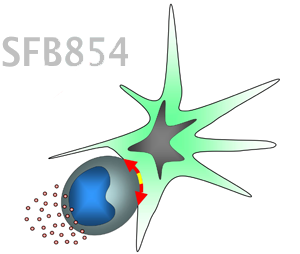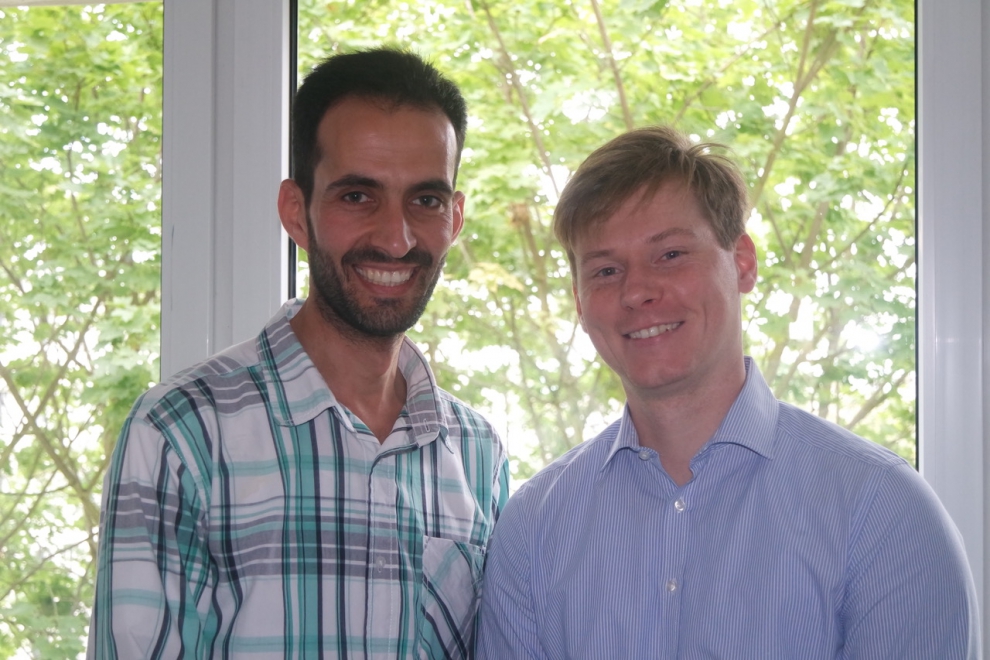In their recent study the authors evaluated the reno-protective effect of an already established drug, tauroursodeoxycholic acid (TUDCA). TUDCA has been used for many decades to treat or prevent gallstones. In recent years it became apparent that TUDCA improves cellular function, thus improving cell-survival. The authors had previously shown that this effect endows TUDCA with reno-protective effects in diabetic nephropathy. However, whether TUDCA provides an add-on benefit on top of the currently established therapies (inhibition of the renin-angiotensin-aldosteron system, RAAS-inhibition) was not known. In the current study the authors were able to show that TUDCA plus RAAS-inhibition is superior to RAAS inhibition alone.
"These findings are of potential high clinical relevance. Currently, there is no established therapy providing an added benefit on top of RAAS inhibition. TUDCA has been used for decades in patients and is generally well tolerated. Hence, TUDCA may constitute a valuable additional therapy. The next step is a clinical study evaluating the combination of RAAS inhibition and TUDCA", says Prof. Isermann, the head of the study and the director of the Institute of Clinical Chemistry and Pathobiochemistry. Indeed, such a study is planned in cooperation with Prof. Gnudi from the King’s college in London, United Kingdom.
"TUDCA improved renal function not only in Type-2 DM (T2DM), but also in Type-1 DM (T1DM) experimental models. Furthermore, the reno-protective effects comprised anti-inflammatory and anti-fibrotic effects. Importantly, in the mouse model, the combination of TUDCA and RAAS-inhibition was able to reverse early diabetic nephropathy ", added Andi Marquardt and Moh'd Mohanad Al-Dabet, researchers in Prof. Isermann's research group and the first authors of the study.
These important findings were obtained in a study, which is part of the CRC 854 (Collaborative Research Center 854, funded by the DFG) at the Medical Faculty of the Otto von Guericke University. The CRC 854, headed by the spokesperson Prof. Dr. med. Burkhart Schraven, director of the Institute of Molecular and Clinical Immunology, has yielded several landmark discoveries of the last years. The CRC 854 is closely associated with the health campus GC-I³. Furthermore, this study was performed within a funding of German Academic Exchange Service (DAAD) scholarship for Moh’d Mohanad Al-Dabet.
The original publication can be found here: Marquardt A, Al-Dabet MM, Ghosh S, Kohli S, Manoharan J, ElWakiel A, Gadi I, Bock F, Nazir S, Wang H, Lindquist JA, Nawroth PP, Madhusudhan T, Mertens PR, Shahzad K, Isermann B. Farnesoid X Receptor Agonism Protects against Diabetic Tubulopathy: Potential Add-On Therapy for Diabetic Nephropathy. J Am Soc Nephrol. 2017 Jul 10. [Epub ahead of print]





